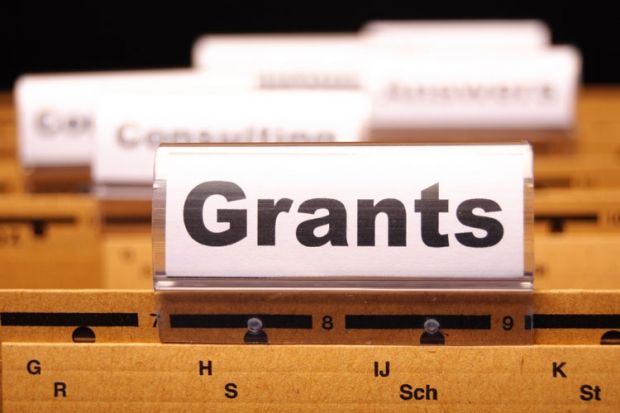Royal Academy of Engineering / Lloyd’s Register Foundation
Research Fellowships
- Award winner: Pola Goldberg Oppenheimer
- Institution: University of Birmingham
- Value: £749,797
Advanced micro-optofluidic portable sensing (AMPS) technology for timely point-of-care diagnostics
- Award winner: Luca Magri
- Institution: University of Cambridge
- Value: £539,151
Adjoint-based approaches in thermo-acoustics: understanding, modelling and controlling instabilities
Royal Society
Wolfson Research Merit Awards
These awards are worth £10,000-£30,000 a year, which is a salary enhancement
- Award winner: Dimitrios Nikolopoulos
- Institution: Queen’s University Belfast
Principles and practice of near data computing (NDC)
- Award winner: Matthias Marti
- Institution: University of Glasgow
Stage differentiation in malaria parasites
- Award winner: Martyn Chipperfield
- Institution: University of Leeds
Sources and impacts of short-lived atmospheric halogens
- Award winner: Andre Neves
- Institution: Imperial College London
Instability in geometry
Leverhulme Trust
Research Project Grants
Sciences
- Award winner: Christopher Howe
- Institution: University of Cambridge
- Value: £171,844
Biological photovoltaic cells in ultra-small volumes
- Award winner: Emily Nurse
- Institution: University College London
- Value: £288,386
A novel technique to search for dark matter at the Large Hadron Collider
- Award winner: Simon Belt
- Institution: Plymouth University
- Value: £164,557
A novel proxy for reconstructing polar ocean temperatures
- Award winner: Olmo Silva
- Institution: London School of Economics
- Value: £234,029
A randomised controlled trial to identify the causal effect of accelerator programmes
- Award winner: Gabriela Ochoa
- Institution: University of Stirling
- Value: £99,147
The cartography of computational search spaces
In detail
Award winner: Malcolm Gaskill
Institution: University of East Anglia
Value: £249,524
Inner Lives: Emotions, Identity and the Supernatural, 1300–1900
This project will investigate how, between 1300 and 1900, “our ancestors understood themselves and their environments, both seen and unseen”, according to principal investigator Malcolm Gaskill, professor of early modern history at the University of East Anglia. “We’re focusing in particular on the supernatural, and ways in which people once used emotions to communicate with invisible forces in the three interconnected contexts of the home, the community and the cosmos,” he said. “One of the main motivations was a desire to bring together historians of the medieval, early modern and modern periods, so that we could study long-term continuity and change. Historians often work within quite small timeframes, which tends to limit this kind of cultural history.” Professor Gaskill added that the team hoped to establish “some kind of model or common methodology applicable to the three periods and research areas” that will advance historical understanding of inner lives, especially the practical use of emotions.
